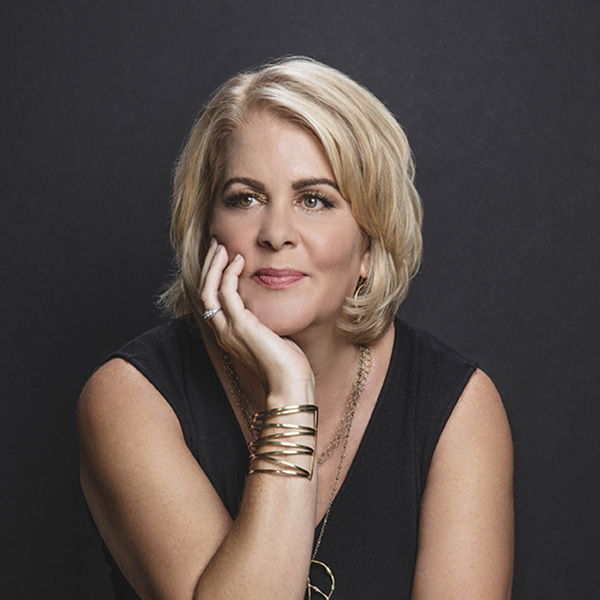Summary
Robin, with a background in organizational psychology and a focus on diversity, equity, and inclusion, draws on her experiences in South Africa and the concept of Ubuntu to emphasize interconnectedness in business transformation. She critiques legacy industrial-era assumptions and Milton Friedman's shareholder primacy view, highlighting a shift toward ecosystem stakeholder capitalism endorsed by CEOs like Mark Benioff and Larry Fink. Robin argues that researchers have unique superpowers: learning through deep listening and empathy, connecting by breaking organizational silos, and generating actionable insights to influence strategy, structure, processes, rewards, and culture. She illustrates these with Wells Fargo case studies, such as simplifying financial tools, redesigning merchant services applications, digitizing SBA applications, and confronting cultural issues exposed by the Wells Fargo sales scandal. Robin stresses that organizational change demands navigating resistance and culture with both research craftsmanship and organizational consulting skills. She encourages researchers to take their seats at the decision-making table, as research remains the most predictive organizational practice in a volatile, uncertain, complex, and ambiguous (VUCA) world.
Key Insights
-
•
The African philosophy of Ubuntu (‘I am because we are’) offers a powerful lens for human-centered research emphasizing interdependence rather than rugged individualism.
-
•
Despite living in a volatile and complex world, many organizations still operate with outdated, industrial-era assumptions that hinder adaptability.
-
•
The 2019 Business Roundtable redefinition signals a major shift from shareholder primacy to stakeholder ecosystem capitalism, focusing on benefiting all stakeholders.
-
•
Researchers hold unique 'superpowers' to drive transformation: learning through deep empathy, connecting cross-functional teams, and generating actionable insights for change.
-
•
Turning the research lens internally on organizational assumptions ('in here') as well as externally on customers ('out there') enables alignment and meaningful transformation.
-
•
Research acts as a silo-busting platform, fostering cross-disciplinary conversations that rarely happen otherwise but are essential for customer-centricity.
-
•
Experiential significance is a felt recognition within research data that identifies truly critical issues demanding organizational attention.
-
•
Organizational levers including strategy, structure, process, rewards, and culture must all be considered and can be tripped by research insights for effective change.
-
•
Cultural challenges, such as the sales vs. service divide at Wells Fargo, reveal the difficulty of acting on research findings when they confront entrenched mindsets.
-
•
Researchers need organizational consulting skills, including facilitation and managing resistance, beyond traditional research craft to effect systemic change.
Notable Quotes
"Ubuntu means I am because we are — we don’t really know our own humaneness unless it’s in relationship to other people."
"We’re still operating from an industrial era hangover — a mechanistic way of problem solving that doesn’t fit today’s complexity."
"The Business Roundtable radically redefined the purpose of a corporation — it’s to promote an economy that serves all Americans, not just shareholders."
"Researchers have superpowers: deep listening, empathy, making connections, synthesis — capabilities everyone in business needs today."
"Turning the research lens on both the ‘in here’ organization and the ‘out there’ customer reality helps reveal misalignments and opportunities."
"Research is inherently a silo-busting activity because customers experience the whole, not just parts divided by departments."
"Experiential significance is that moment in research when something just hits you as really important and impossible to ignore."
"In the application process for merchant services, underwriting’s risk-first mindset conflicted with customer needs, causing friction."
"There is no quick fix to culture — the sales versus service divide at Wells Fargo was a cultural issue that required bravery to address."
"Research really is the most predictive practice an organization has — we are the only ones who can really predict the future."
Or choose a question:


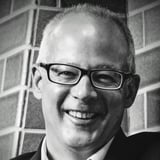



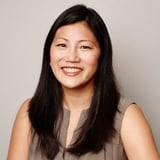
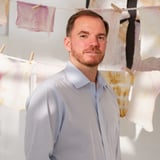
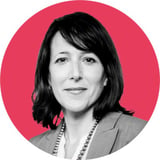
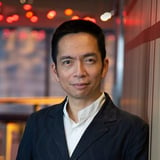

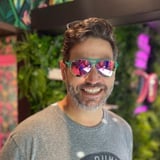
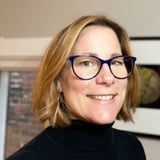

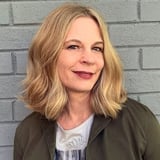

More Videos

"Take your cross-functional partners out to lunch. Build relationships because people don’t resist change; they resist what they don’t know."
Greg PetroffSoftware as Material—A Redux
June 6, 2023

"I’m excited about scaling our research work with better ops support and building tools to share knowledge more efficiently."
Kayla Farrell Chelsey Glasson Sean Fitzell Jared LeClercWhat It's Like To Be a User Researcher at Compass
March 12, 2021

"It's time for us to shift our focus away from justifying our existence to leveraging our skills to drive strategy and measure impact."
Sarah Alvarado Nalini P. Kotamraju Anne Mamaghani Peter MerholzHow to make UX research leadership more effective [Advancing Research Community Workshop Series]
October 26, 2023

"Creating frameworks helps identify responsibilities, dependencies, and critical handoffs across disciplines."
Natalie DunbarDesignOps and Content Strategy: Envisioning the Future Together
October 1, 2021

"There are more and more specialized roles emerging as research expands, like DesignOps and UX recruiting."
Chris Geison Dr. Jamika D. Burge Jemma AhmedWhat's Next for Research?
June 17, 2021

"There is no solid way to control the course of your re-platforming project; being flexible is essential."
Malini RaoLessons Learned from a 4-year Product Re-platforming Journey
June 9, 2021

"Systematizing work and using matrices of importance versus difficulty helps prioritize meaningful projects."
Tricia WangSCALE: Discussion
June 15, 2018

"Collaboration helps you look at problems from different angles, which makes your work more robust and nuanced."
Roberta Dombrowski Sam Duong WoloszynskiMaking Research a Team Sport
March 11, 2022

"Dominant culture is not some natural default setting, it’s culture that imposes itself onto a space or group of people."
Spencer L. A. StultzWhy Social Justice Frameworks are Necessary for Successful DEI/JEDI Initiatives
October 4, 2023
Latest Books All books
Dig deeper with the Rosenbot
What lessons from method acting can inspire more immersive and emotionally open design research practices?
How can UX practitioners differentiate themselves by developing skills in AI and adjacent competencies?
What practical first steps can service designers take to start using agentic AI for value?

